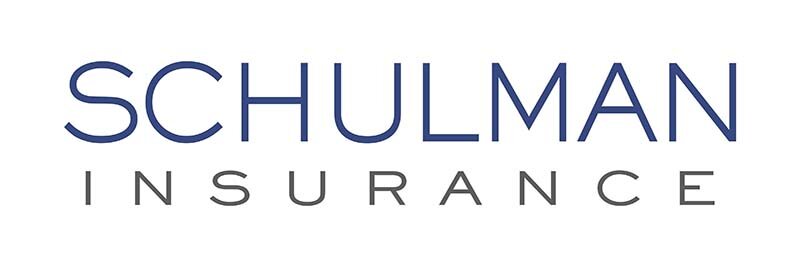Another Successful Challenge to No Surprises Act IDR Process
In a recent decision, Texas Medical Association v. U.S. Department of Health and Human Services (“HHS”), a U.S. district court in Texas vacated portions of the regulations implementing the federal independent dispute resolution (“IDR”) process under the No Surprises Act (“NSA”). Specifically, the now vacated rules deal with:
• The fees charged to engage in the IDR process; and
• Batching claims for IDR payment determinations.
Background
Under the NSA, the federal IDR process is used by group health plans, carriers and providers when determining the out-of-network (“OON”) rates for claims subject to the NSA:
• Emergency services;
• Non-emergency items or services delivered by OON providers at in-network facilities; and
• OON air ambulance services.
Briefly, IDR may be used when the provider receives an initial payment (or denial notice) from the group health plan for NSA-eligible items or services and the plan and provider do not agree on a payment amount through an open negotiation process. The federal IDR process applies unless there is a specified state law or All-Payer Model agreement. Most self-funded group health plans are subject to the federal IDR process except where a self-funded health plan has opted into a specified state law or the All-Payer Model applies.
There is an administrative fee that must be paid by each party to begin IDR. This fee is generally set annually and based on an estimate of the cost to operate the IDR process. For 2022, this fee was $50. However, through subsequent guidance, the fee was increased to $350 for 2023.
In addition, the Departments of Labor (“DOL”), HHS, and the Treasury (collectively, “the Departments”) issued an interim final rule outlining the criteria for batching items and services for payment determinations. Briefly, subject to certain requirements, batching allows multiple qualified items and services for IDR disputes to be considered jointly as a single determination by the IDR entity.
A trade association of health care providers sued the Departments over these regulations arguing that the fee guidance and the rules on batched claims violated the notice-and-comment rulemaking requirements under the Administrative Procedure Act (“APA”). Court Decision The court agreed with the association, finding both the batching rules and the fee guidance were subject to the notice and comment rulemaking, and, therefore, the Departments’ actions in implementing these rules without a notice and comment period violated the APA.
The court has vacated the fee guidance and the batching regulations. As a result, HHS announced that effective August 8, 2023, the IDR process has been temporarily suspended, except for:
• Single and bundled disputes initiated in 2022;
• Single and bundled disputes initiated in 2023 where the administrative fee was paid (or the deadline to collect the fee expired) before August 3, 2023; and
• Batched disputes where the IDR entity determined that the batched dispute was eligible, and the administrative fee was paid (or the deadline to collect the fee expired) before August 3, 2023.
On August 11, 2023, the Departments issued an FAQ to explain how the administrative fee will be handled in accordance with the court’s decision.
• For any disputes initiated on or after August 3, 2023, the administrative fee is $50 per party per dispute.
• For disputes initiated between January 1, 2023 and before August 3, 2023 where the $350 administrative fee was paid, the fee remains $350. No refund of the administrative fee is provided.
Notably, the FAQ does not announce the reopening of the IDR portal for new disputes. The process remains suspended. The Departments intend to reopen the portal for the submission of new disputes soon and will provide notification at that time.
Employer Action
Group health plans and their administrators should anticipate that the suspension of the IDR process will impact claims payments, as many claims will not be reviewed until the process is resumed. This will create an additional lag in getting claims pending federal IDR to be paid. Employers with self-funded plans should discuss this issue with their TPA and stop loss providers to ensure sufficient coverage (including stop loss) for claims that are delayed and later processed when the IDR process resumes.
